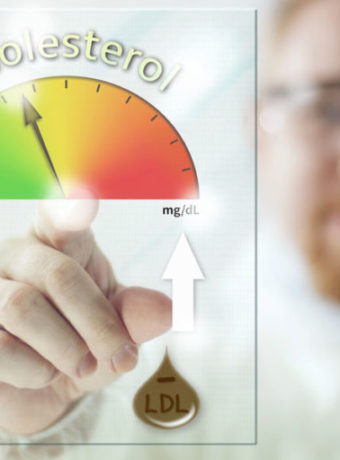“Low Cholesterol: A Major New Factor in Autism”
Cholesterol supplementation reverses many symptoms of autism in SLOS disorder. Deficiency is also common in “regular” autism. Some parents reported significant decreases in autistic behavior within days of cholesterol supplementation, even before blood cholesterol values increased, indicating that cholesterol may benefit by forming cholesterol derivatives such as steroid hormones or bile salts. Cholesterol supplementation has allowed some patients to sleep through the night and others to overcome aberrant behaviors, to learn to walk, speak for the first time, and become responsive sociable family members.
The brain is the most cholesterol-rich organ in the body. The concentration of cholesterol in the brain, and particularly in myelin, is consistent with an essential function related to its membrane properties. In the central nervous system (CNS), essentially all (99.5%) cholesterol is unesterified, and the majority of cholesterol present in the CNS is believed to reside in 2 different pools: one represented by the myelin sheaths and the other by the plasma membranes of astrocytes and neurons. It has been estimated that up to 70% of the brain cholesterol is associated with myelin.
Low total cholesterol is associated with an increased risk for cancer, violent behavior, infection such as tuberculosis and gastrointestinal infections, anxiety and depression, and double the death rate in older adults.



